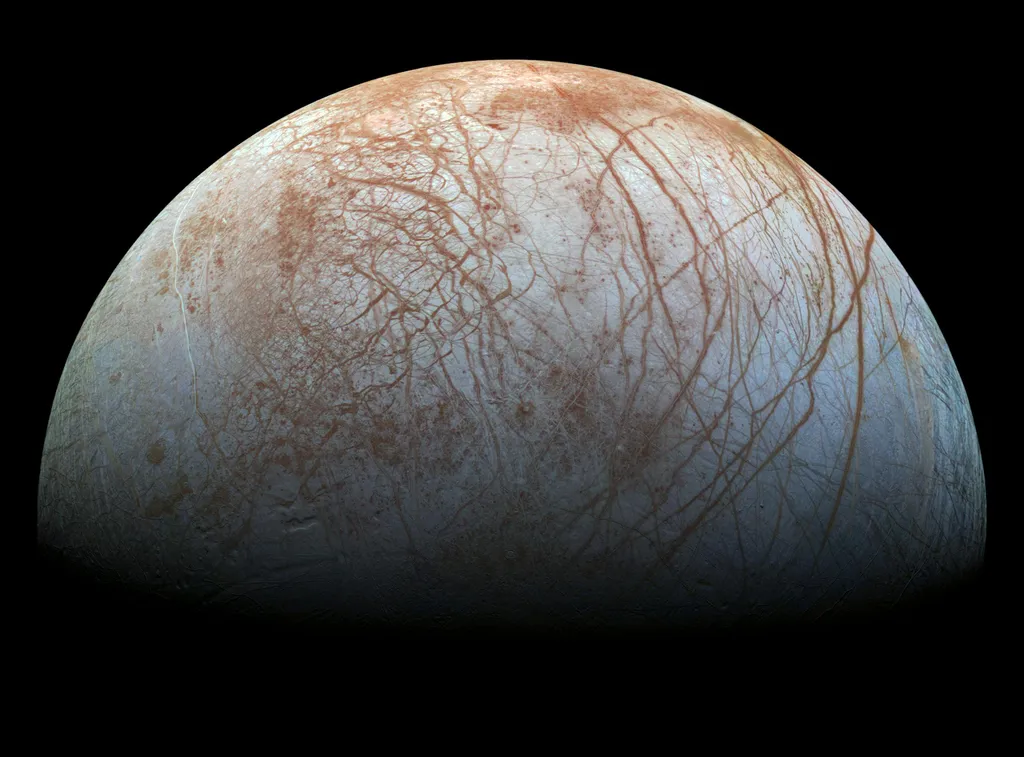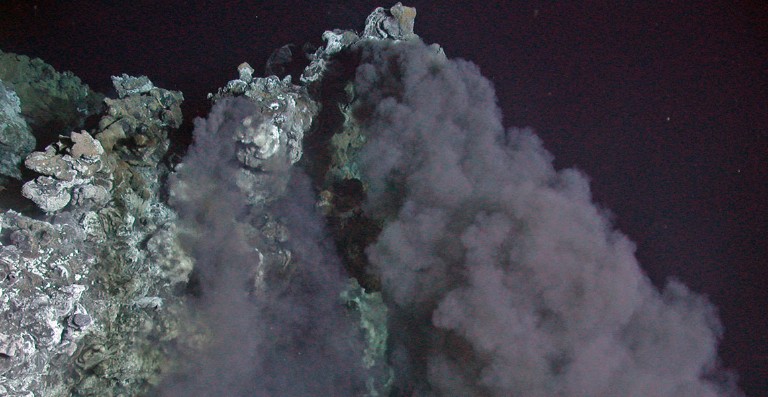Jupiter's moon Europa
Maybe life?
E.T. may be out there, silently swimming in frigid oceans beneath miles and miles of ice.

www.space.com
' . . Last week [2017], planetary scientist Alan Stern offered up another idea: Maybe intelligent life is widespread throughout the galaxy but most of it lives in deep, dark subsurface oceans that are cut off from the rest of the cosmos. . '
' . . Buried oceans also provide a far more stable environment than surface waters do, potentially giving life more time, on average, to evolve intelligence and complexity, added Stern, who's based at the Southwest Research Institute in Boulder, Colorado.
'"Impacts and solar flares, and nearby supernovae, and what orbit you're in, and whether you have a magnetosphere, and whether there's a poisonous atmosphere — none of those things matter," he told Space.com. . '
———————————————
Or maybe not.
Interesting.
In either case, it’s another possible place for life, potentially even intelligent life.












